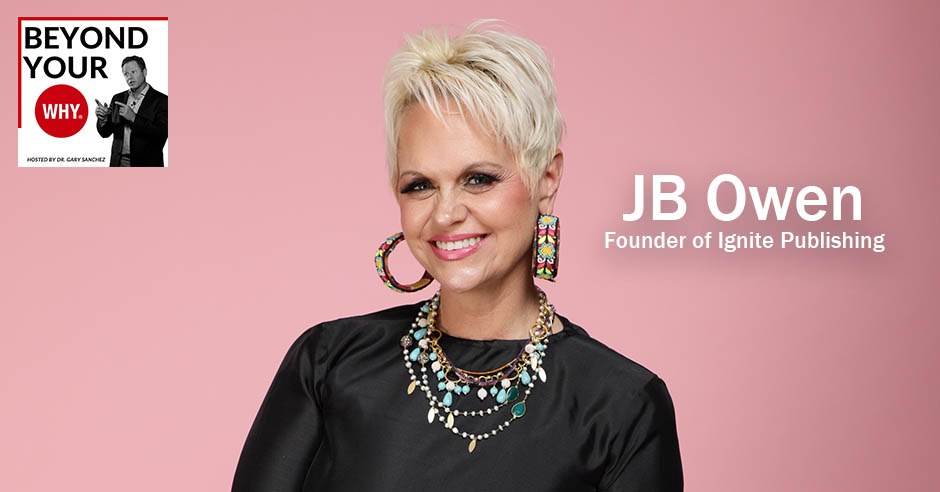
The Better Way is not about perfection, but about progress. It’s the willingness to challenge the status quo and continuously improve, while knowing when to choose ‘good enough’ and move forward towards greater possibilities. In this episode, JB Owen, founder of Ignite Publishing, discusses the WHY of Better Way. As a brilliant innovator, JB relentlessly explores more efficient ways of doing things. She has a strong desire to enhance virtually everything by discovering ways to maximize its potential. However, this strength of hers also presents a challenge, as nothing is ever “right” because it can always be made “better.” That’s why today, she delves into her character traits, the obstacles she encounters, and her approach to determining what the threshold of “good enough” is for every project she undertakes. Come explore how JB is dedicated to raising the energy of the world and inspiring a billion people through her work at Ignite Publishing. Learn about the power of empowerment!
Connect with JB Owen!
Facebook: https://www.facebook.com/thepinkbillionaire
Twitter : https://twitter.com/JboOwen
LinkedIn: https://www.linkedin.com/in/jb-owen/
—
Watch the episode here
Listen to the podcast here
The WHY Of Better Way: Breaking Through To Your Ignite Moment With JB Owen
I am so excited to share with you our guest, Lady JB Owen. In the past few years, she has ridden her bike with her husband on a tandem bike across Canada to the tip of Alaska and she’s going to ride soon from Canada down to Cabo. The journeys that she’s taken have taught her so many life lessons that she’s going to share with you in this episode.
She’s written more than 27 books. She’s helped over 700 authors write their books and you’re going to learn so much from her about finding a better way, challenging the status quo and developing systems and processes that work to get predictable and consistent results. You’re going to love her. It’s going to be a great episode.
—
In this episode, we are going to be revisiting one of our previous guests and her why is Better Way. If this is your why, then you are the ultimate innovator. You are constantly seeking better ways to do everything. You find yourself wanting to improve virtually anything to make it better. You also desire to share your improvement with the world. You constantly ask yourself questions like, “What if we did this differently? What if we did this another way? How can we make this better?” You contribute to the world with better processes and systems while operating under the motto, “I’m often pleased but never satisfied.”
You are excellent at associating, which means that you are adept at taking ideas or systems from one industry or discipline and applying them to another, always with the ultimate goal of improving something. I have a great example of that. Her name is JB Owen and she is a fearless female leader and a believer in the power of empowerment. JB’s true focus is on helping others, which is why she started Ignite Publishing, the leader in Empowerment publishing, in 2018.
She’s a world-class speaker, seventeen-time bestselling author and powerful business owner who is committed to raising the vibration of the planet and igniting a billion lives through Ignite. She is motivated by the opportunity to assist individuals in breaking through their limiting beliefs to experience their ignite moment, which changes their perspective and positively alters the course of their life.
She has published over 700 authors, turning them into international bestsellers in over 13 countries, with Ignite Publishing books reaching number 1 in 197 categories. Her gift is to ignite people to share their stories and build their brands. She also owns Ignite Moments Media, JBO Global and Lotus Liners. She combines purpose, passion and possibilities in everything she does. Exemplifying a new paradigm of what’s possible, JB motivates and inspires her clients to impact others and ignite humanity. JB, welcome to the show.
Thank you so much. I’m snickering a little bit because I got to update that bio. We’re a 26th-time international bestselling author in 222 different categories. We’re doing lots of fun things but thank you for the blessed intro and for having me back on the show because I love what you were doing.
Thank you so much. That’s why I wanted to have you back on the show. We did the first one in 2021. I know so much has happened for you and us as well. Let’s dive into that. Since we last talked, you were on a bike ride, we’ll call it. Tell us a little bit about that. Why did you do it? What was it? How long was it? How far did you go?
In 2021, I cycled from Canada to Alaska on my bicycle. Gary, in 2022, I cycled from Vancouver to Newfoundland for 79 days on my bike with my husband on our tandem for 10,000 kilometers. We’re like, “If we’re going to do it, let’s do it coast to coast. Let’s do it a better way and keep going.” Thank you very much for that. We’re thinking of doing Canada to Cabo, cycling all the way to Mexico. We can’t stop. It’s a lot of fun. Every single time we do it, how can we do it better than the last time?
Why are you doing those?
It’s fascinating. The very first time I did it was in 2020. We were in COVID and the government was saying, “You have to stay home. You can’t go and do anything.” I was like, “Are you kidding me? I’m not staying home and doing nothing. What do you mean? What are you talking about? I don’t have to stay home. I could go outside.” It was before sheltering in. Everybody was nervous and stayed home. We don’t know what’s going on. I got on my bike with my husband and said, “I need to show people what’s possible. We’re so stuck on what we can’t do. We’re getting fearful about what we’re not allowed to do. I need to show people what’s possible.”
[bctt tweet=”We’re so stuck on what we can’t do. We’re getting fearful about what’s what we’re not allowed to do. We need to show people what’s possible.” via=”no”]
The truth is I needed to show myself what was possible. I gained some weight with COVID. I was feeling the doldrums. I turned 50. I was like, “I need to do something epic and see if it’s possible.” I’d never been a cyclist or an athlete. I’d never cycled 5,000 kilometers. I wanted to see if I could do it. I wanted to show people I could. That’s how it all got started. We’ve been doing it for years in a row and 10,000 kilometers in 2022.
For those of you that are reading, JB’s why is to find a better way and share it. She does that by challenging the status quo and thinking differently. Ultimately, what she brings is the right way to get results, the processes and systems around doing it. It’s a perfect example. She found a better way to stay sane during this COVID that we had by challenging what people said you could do. You’ve figured out the right process so that you can do it every time you want to go out and write even further.
It’s very much conditioning. It’s mental and visualization. I’m getting on a bike and I’m going to ride 6,000 kilometers through the heat down the Baja. It’s a mental game. There’s so much of it. I love what you have taught me. I felt validated when I took your quiz and got a part of your ecosystem because I do love to do things a better way and create systems.
We are about to publish our twentieth compilation book. Ignite Your Faith is coming out in June 2023. When you put 35 authors into 1 book and you publish 20 books in less than 4 years, you have to create a system, improve it every time and make sure that each and every time you do it, it’s better than the next. When you and I were chatting, I had a goal to do 12 bestsellers in 12 months and I hit it, 12 bestsellers in 13 months. I love pushing myself. How far can I go? How much can we do? How do we do it better ultimately so that everyone benefits?
Have you always been that way?
I don’t know if I’ve always been this much of a challenger but I’ve always been this much of a push the enveloper. I don’t believe there’s anything in no. I’ve never believed in no. I remember a story when I was six years old. I wanted to have a Kool-Aid stand, not a lemonade stand. The lemonade was sour. Kool-Aid was way better. There’s that word, better. My dad was like, “Give your head a shake. You’ll never be able to do it.” I went and got a wagon. I got a piece of plywood out of the garage. I put a tablecloth on it. I pulled it over to the baseball diamond and I started selling Kool-Aid at six years old. When my dad said, “Give your head a shake,” do you know what I thought? “You give your head a shake. Are you kidding? This is going to be a no-brainer.”
I had the first food truck in my hometown, out of my little wagon because I was like, “It’s possible. What do you mean you can’t do it?” I always think that way. Every single time someone comes through with a problem, there’s this moment where I look up and then I’m like, “Pivot. Figure it out. What’s another thing? What’s the solution?”
I have to tell you this story. I was in Vegas and went to an event. A bunch of the ladies wanted to get their makeup done. I was like, “We should invent something called Lash and Dash where you go in, get your eyelashes on and you’re done in twenty minutes. Let’s start with a business. Every hotel should have Lash and Dash.”
The weekend went on. We were all tired. Our feet were sore. I’m like, “We should have something called Scooper. It’s like Uber inside the hotel. They come. They have a little trolley. They scoop you up and take you to your room. You don’t have to walk everywhere.” I’m like, “This dessert is so good. We should have whipped cream that is pink and purple and strawberry. Why is whipped cream white? Why isn’t it banana flavored?” All my friends are laughing. I can’t even sit still for five minutes. It’s like, “Let’s do this and that. They should do this.”
It’s always about finding something that’s better, taking something that’s already there and making it better, improving upon it.
It drives my kids crazy.
Never satisfied.
It’s true. Your gift is your curse because it is insatiable. It is always like I have some OCD sometimes because I’m like, “We should put the garbage in the garbage can a little bit better and then put the garbage can over here so it makes more sense.” There are these moments when it is a little bit annoying to the rest of the world but at the same time, it’s a gift. As an editor, a publisher and a legacy maker, I want the very best quality. I want to produce the very best product that defines this. Down to the nuance is a gift for me. It’s inspired me.
I haven’t shared this with you but my new initiative is igniting humanity. I want to go and ignite humanity. How can we make humanity better? How can we improve the way we communicate, talk and connect? It’s my big mission. Let’s ignite humanity. How do we do that? What is that going to look like?
Nothing’s going to stop you and you’ve already proven that. Whatever you set your mind to, you’re going to be able to do. Before we get off the bicycle, I wanted to hear more about what has been the biggest thing you’ve learned through those multiple bike trips.
When we have a bike trip, we always have a final destination. In the first year, we wanted to cycle to the parliament buildings. In the second year, we wanted to cycle to the top of the world highway in Alaska. I figuratively and physically wanted to be at the top of the world. In 2022, it was coast to coast. We always have an end destination. What I’ve realized is that’s just a point on the map because how I got from coast to coast, the road I thought I was going to take was never the road I took. The detours, the rain, the mountains, the broken bike, the washed-out roads, the, “Go over there, there’s a way nicer restaurant. You got to check out that place. There’s a waterfall,” it never was what we thought it was going to be.
It wasn’t the road that we were expecting but the road that we did take was so much better. The fact that I woke up every day surrendering to the fact that it was going to be a great day. In business, we show up, we’re on our computer, we’re doing things, we have our business and spreadsheets and we have all this construct. You get on a bike or decide to live your life in a way like, “What’s going to unfold today? What can I utilize today? How can I enjoy today?”
When something comes up, a challenge, a broken thing, a canceled meeting, it’s a flat tire, what is about this that is going to inspire me, empower me, teach me and show me what is great and glorious about this? We had that happen all the time. Flat tires when we were riding and bears. We were cycling and they were like, “You can’t go down that road. There’s a bear.” I’m like, “Let’s go. Let’s go fast. It’s okay. Let’s take it out.”
You have to be willing to say yes that everything else no one else wants to do. You have to be willing to trust that if there’s a detour, there’s a detour for a reason. You have to be willing to go in the other direction and be open to backtracking a little if it’s necessary. You have to be a good listener. People said to us, “There’s construction there. That road is gravel. Don’t go down that road. You’re going to love that pie at this restaurant.” Peter and I cycled 230 kilometers for a cinnamon bun. They told us it was the number one cinnamon bun in Canada and you had to go there. We’re like, “230 kilometers extra to go for that cinnamon bun.”

It was so worth it. We loved it and we made such great friends with the owners. We had the best time ever. In a long answer, be open to everything that is going to unfold between when you start and finish because it isn’t about the finish line. It’s about all the stuff that happens in between because the finish line is a blip.
Here’s my favorite story. In 2022, we were cycling to Newfoundland. Everybody wanted us to finish at Cape Spear, which is the farthest Eastern point in all of North America. We got there. Gary, I wanted to cycle along the coastline, around a cove, up a hill to the most beautiful lighthouse, walk to the edge and see the incredible Atlantic Ocean and put my hands up and that was the finish line.
I got to Cape Spear. There was a tourist booth. There were all these fences. You couldn’t get there. There were these cannons. There were a bunch of bunkers because it used to be a military strategic place. It was raining. There was a tree line. There was no cliff or ocean. I was like, “This is not the finish line.” My husband’s like, “What do you want?” I’m like, “I want this beautiful ocean. I want to come around the bay. I want to go up the hill and find this great lighthouse. I want to go to the edge of the cliff.” We sat down in the motor home because a motor home followed us so we can sleep in it.
I started googling lighthouses in Newfoundland. There are 69 of them. I found the perfect one blue, red and white stripes at the top of the hill. It was in a town called Heart’s Content. I’m like, “We’re going to Heart’s Content.” We had finished but I was like, “No, we’re not finished. Let’s keep going.” We cycled another 200 kilometers to a town called Heart’s Content. We came over the hill and down through the bay around the ocean, up the hill to this beautiful, perfect, gorgeous, wonderful lighthouse. We got off our bikes. We walked right to the edge and there was the ocean, the cliff, the birds and everything. I put my hands up and I started crying because I was so content.
Every single thing about that moment was perfect and beautiful. I knew that what I thought was my finish line wasn’t my finish line. It kept going. I was more content in Heart’s Content than I’ve ever been. It was a beautiful place to be. It proved that what we think is the finished line, we get to define the finished line, not what other people say. The finished line is the moment we feel it. It’s in us. It’s in every cell of our body. It’s not just somebody who said, “That’s the finish line.” “I’m sorry, I had to go on.”
A lot of life lessons in your journey there. It is fascinating how it parallels what we all go through in our lives. What we thought we were going to be doing isn’t what we ended up doing. It’s that quote from Steve Jobs, “You can’t connect the dots looking forward. You can only connect the dots looking back.”
It’s a beautiful experience. Sometimes, one of the great analogies about writing tandem is you got to let go of the handlebars. I ride on the back and my husband’s the captain but sometimes you got to let go of the handlebars. You got to let go of hanging on so tight to that grip and it’s got to be a certain way. You do learn a lot about life. Even though I’m a Better Wayer, there are times when I’m so grateful to let go of the grip, let go of the handlebars and trust what’s unfolding because there’s so much to learn from it.
I rode a tandem once with my wife and swore I would never do that again because I did all the work. We were in California going up the beach, the boardwalk there. She hung out on the back and I thought, “This doesn’t seem like a very good deal to me. I’m stuck.”
You had the wrong tandem. You had the casual tandem. We have to strap in our feet and both pedal. The person on the back is called the stoker, which is me. The stoker has to work a lot because they’re stoking and pushing. They’re getting you up the hill. They’re giving you that power and the force. The captain has to do a lot. He’s shifting gears, steering and taking care of everything. He’s maintaining the brakes and all of that. It is a team effort and that’s what makes it so beautiful. It’s a beautiful, intimate experience to ride in tandem. Give it another chance. Give it another try.
We’ve got eBikes, which is the other end of the spectrum from what you guys did. That’s way more fun for us, at least at this stage. It’s because we can go a lot farther on the eBikes. You’ve done three of these so far. When are you going to leave for your next one?
We always leave on July 1st and then we spend two months on the road. We always raise money for charity and do it for a good cause. We love igniting people along the way, teaching people what’s possible and igniting humanity. We’re always committed to sharing the message of igniting humanity. Here’s the thing. We have to be thinking about humanity and our future. What is the next generation going to look like? How are we all going to survive together cohesively?
I believe that it’s through storytelling. I’ve thought about policies, politics, bureaucracy, rules and all of these things. The truth is when we tell our story, when I shared with you a little bit about my journey to Heart’s Content, something was going on in your body, brain, endorphins and adrenaline. There was this wonderful cosmic thing that was happening in your brain where you were connecting with me. You were feeling me. You were layering your experience into mine. There was this deep connection that was created.
This is my Better Way to ignite humanity. We all need to tell our story. Every single one of us, man on the street to the man in the Taj Mahal, we all have got a story. Everyone’s story is incredible and equal. It doesn’t matter your skin color, gender, where you’re at or how much money you make. In that storytelling, you connect with a person. You can have two men in the same room who’ve lost a son get up and hug each other because their story is the same. It doesn’t matter that one is Russian and one is Ukrainian. The story brings us together, the heartfelt, the genuineness and the human experience.
I’m so committed to the fact that we don’t need more policies, rules on order and law. We need people to share who they are and understand who they are. I love that my whole team took your test and quiz. We use it all the time because everyone is different. Understanding their nuances is such a precious thing. To me, that’s going to ignite humanity.
Tell everybody that maybe didn’t read the last episode about your book series and book company. Do all the titles start with Ignite?
They do. I believe that we all have ignite moments. We have that moment that change us, woke us up, slapped us upside the head and told us it was time. We were never going to do that again. We were going to do that from now on. I could ask any single person I meet, “What was your ignite moment?” They all remember. They even say, “I remember the day. I remember where exactly where I was.”
It’s that moment that something happened in your life that transformed you. It was the beginning and the precipice of a new iteration of you. What you said about Steve Jobs, you have to see it in hindsight to realize that was it because many times when you’re deep in your ignite moment, it’s painful or difficult and you can’t see outside of it.
After a time, you’re able to look back on your ignite moment and realize, “That was a blessing. That was a great thing. There’s some silver lining in that. I learned a lot.” We tell those stories because that’s the hero’s story. There’s so much garbage going on in the world. We want to hear human beings succeeding and people overcoming. We want to read stories of triumph, success, admiration, connection and fortitude. I had my hard, tough, ignite moments, difficult times. I realized when I shared those stories, I was able to connect with people. More people cared about me when I was truthful and authentic than when I was trying to tough it out.
We’re almost up to 900 authors telling ignite moments and sharing their ignite stories. We have a movie coming out about ignite moments. We do a TV show about ignite moments. I love it when I’ll meet somebody and five minutes later, they’ll be like, “I have an ignite moment. I know my ignite moment.” I’ll meet some of the biggest celebrities and some of the amazing people on the planet and they all have an ignite moment.
What was the biggest ignite moment of your life so far?
I have a couple of them. Since I’ve written in twenty of our books, I have different ones. Ignite Your Parenting is a parenting one. I have an entrepreneur and one in business. I’m doing one in faith. Our faith book is coming out. I lost a team member to a tragic fire. The universe is reflecting exactly the book that I’m doing. In all honesty, one of my deepest ignite moments was I had been traveling a lot and working a lot. My kids were being raised by the nanny.
I was in China doing work about 5 times a year, 20 days at a time. I came home about eight days before Christmas. I walked into the door. No one was there to greet me. My husband and I were not getting along. I heard my daughter and my son laughing with the nanny in the kitchen. I got jealous and I decided to sneak upstairs and into the guest room because I’d been sleeping in the guest room and not with my husband for almost two years, convincing myself that Mommy was tired after thirteen hours of flying and she would see the kids in the morning.
It’s a tragic story that my 3 and 5-year-old had spent 21 days with a nanny and not me. I came home and I didn’t have the heart to see them because I felt so disconnected. That night, my three-year-old woke up in her crib and she started calling the nanny’s name. I knew that at that moment every single thing in my life had to change. If my three-year-old didn’t even call her mom in a moment of fear and worry in the middle of the night, in the dark, whatever I was doing was the wrong thing.
I woke up that morning realizing not one thing had to change in my life but everything had to change in my life. I was going to commit my life to earning back my daughter’s faith and trust in me. No matter what, she would come to me. I had to do with my son too. Every single thing in my life had to change like my health, wealth, knowingness, belief, business, company, the way I ate and talked and my marriage. Every single thing in that ignite moment told me I had to do it differently.
That’s one of the biggest because after that, four days after Christmas, my husband’s suitcases were packed at the door. I closed my business down. Sixty days later, I moved out of my house. I left my town. I left where I live for 21 years. I changed everything about me for my kids and my health and well-being. It was the hardest and most painful thing. I ended up going bankrupt but I had to do it because everything in my life was failing. I was oblivious to it. I was in the fog. That ignite moment woke me up.
When you talk about overcoming fear, I can’t imagine you didn’t have a lot of fear in that decision. How were you able to overcome that?
The truth is, interestingly enough, after that relationship, I jumped into another relationship quite quickly with a high school sweetheart that found me on Facebook. It was a very tragic yet cliché story. He ended up becoming quite abusive and I ended up leaving him within fifteen months. I took my kids out of school and I went on the road. I went into charity work for a year. I let go, gave up and walked away from everything. My kids and I started doing charity work. We built toilets in Mexico. We helped the turtles in Costa Rica. We pulled clothes out of the ocean in Greece for the Syrian refugees. We taught in the Dominican Republic how to speak English. I started over.
The powerful part of that was I had to be my hero. I had to put on my hero’s cape. I had to save myself. I had to get the strength to figure it out on my own. I had to learn the languages, do the currency, get on the bus, get on the train, get on the plane, dig the dirt, crawl with my hands and knees, help somebody else and be of service to get out of my problems and realize like, “There were people that have way bigger problems than me.”
Kids that are amputated or don’t have parents, people who have fled their country on rafts and have lost family members in oceans because they’re running from a war. Letting go of everything about myself taught me who I was and became my hero. Not relying on my husband, my business, my last name, my Mercedes or any of that taught me who I was and what I was going to be about. That brought back my courage and gave me strength.
[bctt tweet=”Letting go of everything about yourself can teach you who you are and how to become your own hero.” via=”no”]
I’m sure your path has not been even close to what you expected when you were, say, twenty years old.
Not at all. We all had that beautiful pie in the sky, beautiful idea and dream about what we’re going to do and how we’re going to do it. I had a very successful 20s and 30s, living high and doing well. I sometimes say this, “If you’re not willing to get down on your knees and praise God, he will take you to your knees in a situation where you will be asking for him.” We have to be humble and realize. We have to become students and stewards of our life. We have to be willing to accept. We have to become open. Sadly, a lot of times, especially in North America, we become very self-centric and ego-centric. We’re learning, “How do I help others? Why am I here? How can I be of service? How can I take all my gifts and lessons and help somebody else?”
Beautifully enough, ignite moments come into our lives to awaken us to that or make us wake up. Everything that happens, happens for a perfect and divine reason. I’m grateful for all of those moments, as tough as they were. I’m thankful for all of the struggles because it has made me more tenacious. Blessedly, I get to be here and share one little sliver with the idea that one person will hear something that 1%, they may move the needle in their life and do something differently. That grows into this huge trajectory of their greatness.

JB, what happened for you to decide, “I’ve got to write a book or help others write?” Was your first book mostly about you? Tell us about your first book.
When I was in my teens, I didn’t get along with my parents. When I finished college, I moved to the Dominican Republic. I wanted to get as far away from my parents as I could. This is back in 1999, way before cell phones, the internet or anything. I was living in the Dominican Republic. It was interesting because I did grow up with a little bit of a silver spoon in my mouth. I had a lot of privileges as a kid. I had everything but I didn’t feel I had the loving connections of a normal family. We had lots of stuff but there wasn’t the love that I wanted. I went to the Dominican Republic and I lived in a shack and a hut in a village with dirt floors and tin roofs.
These people had nothing but to me they had everything. They talked, connected, ate together, laughed together and cooked over the fire together. I’d watch a 40-year-old man walk to the grocery store with his mom, holding her hand. I was enamored with how connected and close they were. The things meant nothing. Suddenly I realized like, “I had everything but I had nothing. These people have nothing and have everything.”
In my journey, I started writing my mom handwritten letters to connect with her. When tourists would come to the Dominican, I would have them take them back to Canada and put them in the mail. I wrote my mom over 200 letters, sometimes 8, 10 and 12 pages at a time. The interesting thing is my mom never wrote me back but when I returned home after three years, I couldn’t wait to see my mom.
That letter-writing somehow healed us. It was cathartic. I was able to forgive her and understand her. I started to see her life as she was. What was her childhood like? How did she grow up? What did she learn? What didn’t she learn? She was doing the best job she could in parenting me. When I came home, I had a beautiful relationship with her and I wrote a book about adult daughters and mothers can heal their relationship.
It inspired me. I was very vulnerable in that book. I talked a lot about what I went through but I wanted people to understand someone else’s story. I was so mad. My mom never read me bedtime stories until I realized my mom grew up in Russia and Austria. She didn’t read English. No one read bedtime stories to her when she was in the war in a concentration camp. She didn’t learn that.
I realized, “Her story and childhood, no one ever read bedtime stories to her. I’m mad that she’s not reading Sesame Street to me. Look at her story, where she came from and what she went through.” In understanding her story, I was able to understand her more and have compassion, empathy and willingness to see her for who she was. Me telling you is the groundwork for the work that I do because I’m such a proponent of telling your story will transform your life and the lives of others.
Go through the titles with us because I know they all start with ignite and maybe you have it in front of you or have it memorized. Tell us what the titles are.
We have Ignite Your Life for Women, Ignite Conscious Leaders, Ignite Female Leadership, Ignite Your Parenting, Ignite Your Health and Wellness. Ignite Modern Goddess, Ignite The Entrepreneur, Ignite Your Wisdom, Ignite Forgiveness, Ignite Your Adventurous Spirit and Ignite Your Inner Spirit. We are having so much fun because people have these ignite moments in travel and parenting. We’re having a new one coming out called Ignite Connections, you and your furry friends. People have ignite moments with their pets.

We have Ignite Creativity. We’re doing Ignite Purpose. We’re doing Ignite Courage. People have so many stories about climbing Kilimanjaro or getting off a plane with $4 in their pocket. These stories become these fundamental moments, do-or-die moments and life-defining moments. When you tell them and the person becomes the hero in the journey, two magical things happen. The writer transforms a meaning that they assign to something.
“I was a loser. I had to get off a plane. I only had $4. I was scared. I got kicked out of my house.” As time goes on, they realize, “I was courageous. I had some gusto. I had $4 in my pocket and I got off that plane. I got a job. I met people and I ended up being a multimillionaire.” They assign a new meaning to what they once thought about that. On a cellular level, that heals people and changes them. The file systems in their brain realign and suddenly, they’re very different from who they thought they were because they gave meaning to it.
That happens to the writer and the reader. They realize stories of people who have come through trials and tribulations. The reader starts to formulate their cellular synapse connection. “If he can do it, I can do it. If she can get there, I can get there.” Psychology-wise, these stories are very powerful. It’s not just I’m going to write a story and put it in a book. There’s a lot of psychology behind it. A lot of neurotransmitters are changing and shifting. A synopsis is happening. Cellular people are shifting. We are connecting on a whole other vibrational level. It’s woo-woo but it’s awesome at the same time.
Do you have an event coming up?
We’re doing an event, Igniting Humanity. I’m committed to creating something wonderful. Gary, I want to break the Guinness Book of World Records for the largest compilation book. I did some interviews in LA and I did 15 interviews in 1 day. I did about seventeen hours of interviews straight. My last interview was with a woman named Mermaid, who has broke seven Guinness Book of World Records swimming. She said, “I’m going to call the Guinness people, have them come and do a Guinness with you because I’ve never seen anyone do 15 to 17 hours of interviewing nonstop back to back.”
I didn’t eat. I didn’t go to the bathroom, nothing. I just kept doing it. I was like, “Where’s more? Who else? Is it 11:00 at night?” People are sleeping on the floor. I’m like, “Let’s keep going.” I want to break a Guinness Book of World Records. I want to do it better. I challenged myself like, “Why not?” I went to my brain doctor. I said, “How many hours can I stay awake and still be coherent? Can I do 70 hours?” He’s like, “I don’t think so.” I’m like, “60 hours.” He’s like, “Maybe 36 to 40 maximum.” I’m like, “Let’s do 45.”
When are you going to do this?
We’re going to do it in November 2023, Igniting Humanity and Share-O-Rama. It’s wonderful. I love the idea of why not. On our first cycle ride, we got on the bike and cycled away from the house. We’re a block and a half away from the house. My husband said to me, because we hadn’t done it before, “Are you worried that we’re going to fail?” We told everyone on social media. We had blocked up the house. The kids were in the motor home. We were on our way. I said, “Honey, we’re a block away from the house. We’ve already succeeded. Anything we do past this next block is a success.”
It doesn’t matter. There’s no such thing as failure. If I do 15 hours of interviews, 14 hours or 13 hours, it’s never a failure. I did it. I showed up. I tried. I threw my hat in. I made an effort and I got to learn. “We only got two blocks and something happened. What do we get to do next time to get three blocks?” There’s no failure and other option. We succeed and keep doing it.
Do you reach a point in your journey where you are ready to stop or does it never feel that way? You’ve got 4,000 kilometers to go. When you’re 200 kilometers in, you think, “We got 3,800 kilometers to go. I don’t know if I really want to do this.”
I’ll tell you two things. One time we were cycling, our first trip was 5,000 kilometers. We were 192 kilometers away from the finish line. It wasn’t a tough day. It was a little bit of rain. It was a flat road. Everything was good. I’ve been cycling for about an hour with my husband. We hadn’t been talking. Suddenly, I had this flash come over. “I’m done. I’m good. I’m saturated. I’m content and happy. I’m blessed. I’m amazing. This is awesome. I could stop, rack the bike and go home.” I told my husband. I’m like, “Pull over.” He’s like, “What’s wrong?” I’m like, “I feel completely done.”
He’s like, “What do you mean?” I said, “I don’t have to get to the finish line. I don’t even have to get to 5,000 kilometers because at this exact moment right here, I feel so blessed, thankful, accomplished, fantastic and full of this experience that the finish line is irrelevant,” because it’s about the feelings. Every single feeling that I was wanting at the finish line came before the finish line was so profound to me.
How many times do we see people who win Oscars or Olympic gold medals and then commit suicide a week later or something is devastating for them or they’re never happy? It’s because it’s not about the finish line. It’s about feelings. You always want to aim and go after the feelings. You want the cauldron of feelings to stir into you. That’s what you want. It’s not the finish line. That is one time where I felt like, “I’m good. I’m great. We could go home,” but I didn’t. I kept going but I stopped and felt all of that. I was like, “I don’t have to finish. Everything from this moment on is gravy because I feel so content and happy.

Let me ask you something about that. What came up for me when you said that was, “I thought this was a team.” What if your husband doesn’t feel that way? You feel that way but so what? What about how he feels?
He’s such a brilliant, amazing man. He also said to me it was not about the finish line. He said to me the very first year we cycled, “The most important thing is that I get you there. That’s my goal. I do whatever I have to. I take care of the bike. I tune the bike. I do the maps, the compass and all of that.” He never made it to the finish line or the 5,000. I did. I made it about the number, the finish line and getting to apartment buildings.
He made it about being my wingman and everything that he could do in his power to make sure that I got to wherever it is I wanted to get to. If I was ready to quit, he’s like, “This is where you want to quit?” I was like, “No, but I want to tell you I feel this way.” For a moment, I’m feeling it but I’m never going to quit. The truth is he had a different agenda because his why is not Better Way. You might know what Peter’s is. I don’t remember what it is. His was making sure that he was the best he could be for me and the project.
His is to contribute to a greater cause, add value and have an impact on the lives of others. For him, whatever you wanted, what made sense. “If that’s what you want to do, that’s what we do.”
He’s tried and true to this moment. It’s so beautiful. Better Way people need those people because I can’t do what I do without him. I soar so high but he’s the wind beneath my wings. It’s such a blessing to have a person like that. We love that we know that about each other. We love that that’s okay because I’m not always pushing him. I’m not always like, “Why aren’t you like me? Why aren’t you doing it my way?” He does it differently and thank God because we need each other. That’s what makes us such a good team.
Is it hard for you to not push him to be like you?
I have to say no because I want to push myself. I wake up every day like, “How can I do it?” We were on the bike one time in the mountains and it was sleet, fog and rain. It was the worst condition ever. It was dangerous. We couldn’t even see 10 feet in front of us. We were on this windy road that had little tiny 2-foot guardrails. The semis were going by us hitting us with rain at 20-pound range, making us a jerk over on the side of the road. The fog was so bad. Our follow vehicle came back to get us because they were so worried about us. They pulled over on the side of the road like, “Get in.” They had to continue because they were blocking traffic.
I was cycling and snot was pouring off my nose. The water is dripping off my forehead and chin. The water is running down. My hands are on the steering wheel like, “I’m not giving up.” My husband’s like, “What is wrong with you? This is dangerous. This is so bad and scary. This is unnecessary. Whom are you trying to prove something to?” I’m like, “I’m not trying to prove it to anyone. I’m trying to tell myself I can do it and that it’s possible.”
At that very moment, I started to cry and I thought, “Who am I trying to prove it to? How long do I have to keep proving it to myself?” It was fascinating in that moment. I thought to myself, “JB, you’ve been proving it long enough. Don’t do it to prove it. Do it to enjoy and love it. Do it to have fun with it. Do it to catapult you to the next thing.” We cycled over that mountain pass and down the hill. The first town we came to was called Marathon, Ontario. I said, “God, I’ve done my marathon. From this moment on, I promise that everything I do will be for joy, fun and the goodness of others. I don’t need to prove anything anymore.”
[bctt tweet=”Don’t do it to prove it. Do it to enjoy it, do it to love it, do it to have fun with it, do it to catapult you to the next thing.” via=”no”]
How do you think you would be different if you hadn’t done those bike journeys or trips?
They’ve given me a lot of strength and self-confidence. They’ve taught me what’s important to me. I love getting on the bike. I love disappearing and being dialed out. I love not having the phone, the computer and the people. I love not having to have the show, the perfect voice and the getting on stage. I love not having to perform. I love pushing my body and being connected to nature. That has taught me a great gift. I love being in the flow and letting go. I think for Better Way people, because we’re constantly on, we’re pushing and poking that needle all the time that we need to have that ability to surrender, allow, let go and know that it’s all okay.
I’ve been so blessed. If you looked over my life, you would be shocked. I worked in the film business for fifteen years with Arnold Schwarzenegger, Dwayne Johnson and all the A-list celebrities. I worked on a cruise ship. I have been around the world. I have done multiple things. I’ve been published. I’ve been on stage. I worked with some of the best people in the business. I’ve had such a glorious gifted life but it’s because I believe it’s possible. It’s all had layers of pain, suffering, ups and downs and hardships.
The truth is that happens to all of us. Every one of us is going to get a curve ball and life would hit us in hard ways. What I love to believe is that it’s all magically perfectly divine, thank you for this moment. “What am I going to do now? I can get kicked down but what am I going to do? Stay down or get up?” That’s the difference. I can stay down or get up. It’s a choice and I feel like getting up.
You remind me of another Better Way, Chriss Smith, who is s a Navy SEAL. I had him on the show. He rode a boat across the Atlantic. I asked him, “What do you know about rowing boats?” He said, “Not a thing.” I said, “Why would you agree to row a boat across the Atlantic? That’s not like a little weekend warrior thing. That’s major.” He said, “Just to see if I could and push myself. I talk all the time about being who you’re supposed to be, challenging yourself, pushing your limits and I hadn’t been doing it.” He’s been in all kinds of adventure races. He’s in the world’s toughest race. He said, “I hadn’t been living that too long and it was my time to do it again.” It’s very similar. It’s another Better Way person that was looking for a better way to experience more in life and push himself to see what’s possible.
My husband asked me if I wanted to do the 888. I don’t know if you’ve ever heard of it. 8 marathons in 8 days in 8 countries. He’s like, “Do you want to do the 888? It’s 8 countries, 8 marathons, 8 days.” I was like, “Sure, as long as I don’t have to finish, you don’t run the race compared to me and I can do it however I want to do it. If I want to run 8 marathons in 8 days in 8 countries, if I run it in 7 hours and 28 minutes, that’s how long it’s going to take me. If I run it and I don’t finish, that’s okay with me. As long as I don’t have to race, compete and do it better than anyone else and I’m going to do it in my best way, let’s try it. What is that going to look like? What do I have to do?”
Did you sign up for it?
Yeah. It’s in January 2024.
Have you ever run a marathon?
No. I’ve cycled across Canada.
I’m sure you can do it. JB, if there are people that want to connect with you, want to learn more about Ignite or want to be in one of your books, what’s the best way for them to connect with you?
Go to IgniteYou.life. That’s our website. You can go to Amazon and google any Ignite book and you’ll find it. You can go to Ignite Humanity on Google. You’ll find us. I love talking to people and hearing people’s stories. I talked to an author. She’s in South Africa. Her husband was stung by three bees. He went into a coma. He was in a coma for three years. He never woke up. He passed away.
At the same time, her daughter’s hand was amputated in a car accident. This woman is like, “What a story.” Do you know what she said? “I can’t be mad at those bees. That’s not their fault.” It’s so beautiful, yummy and delicious. Every story is fantastic. Reach out to me. I make myself accessible. You can find me on Facebook or Instagram. I love it when people go to my website, reach out to me and book a call with me.
I want to hear your story. I never let anyone not get to the finish line. We have a policy in our business. Everybody makes it to the finish line. Nobody gets left behind. Every single author has such a transformational experience when they tell their story. I also help people do their solo books. I don’t know if I told you but I’m building schools in third-world countries. We are igniting literacy around the globe. We take plastic out of landfills and turn them into blocks that we build into schools.
I’m very committed to igniting literacy and humanity through schools. You can find out about us doing that. We have a great community of people who want to ignite the world and want to do it one story at a time. I welcome anyone who wants to uplift themselves, take their story and use it as a catalyst for good. There’s something magical in the body that happens when you take your story and tough moment and gift it to the world with the hope that it’ll help somebody else. It’s so healing and profound. We all should be doing it.
Here’s the last question for you, JB. What’s the best piece of advice you’ve ever gotten or the best piece of advice you’ve ever given?
Funnily enough, when I was twelve, my Uncle Tony, let me give him credit, said to me, “Go out, kid and live your life because if you stay at home, God will make the roof fall on your head.” I was like, “That’s such good advice.” If you’re fearful, you’re staying at home and sitting on the couch and you don’t want to go out, God’s going to make the roof fall on your head. You might as well go out and live your life. At twelve years old, I was like, “I’m living my life.” I was in Hong Kong when I was fifteen, traveling. That would be the best advice I had felt that I ever got. It freed me to not be afraid, worried or shy. It’s worked for me ever since.
The best advice I’ve ever given is this. Know thyself. Learn about yourself. Uncover yourself. Discover yourself. Figure out who you are. What do you love? What do you like? What are you good at? What are you talented at? What do you crave? What do you desire? What do you want? Be on the journey of figuring out yourself. Who cares about somebody else? Let them do their thing. You do your thing. Do you like this? Do you like that? Are you good at this? Are you good at that?
Try new things. Discover new things. Be willing to go outside your comfort zone. When you know yourself, it’s the best, most glorious relationship you could ever have. That gives you the power, tenacity and strength to be yourself. Being anything else other than yourself is exhausting. It’s so much better to be myself and try to be something I’m not. That is too much work. I’m just going to be me. It’s so much easier,
JB, thank you so much for being here. I know you’re super busy but it’s great to connect with you again and hear where you’ve been and what’s going on in your life because it’s a fascinating story. Thanks for being here.
Thank you so much. I want to say appreciation to you. I’m very grateful for the work you’re doing. I love your program. It’s the cat’s meow and you’re doing a great job. Thanks for having me.
Thank you.
—
Thank you so much for reading. If you have not yet discovered your why, please go to WhyInstitute.com. You can use the code PODCAST50 and discover your why or your WHY.os at half price. If you love the show, please don’t forget to subscribe and leave us a review and rating on whatever platform you are using. Thank you so much for being here. I will see you in the next episode.
Important Links
- Lady JB Owen
- Ignite Moments Media
- Lotus Liners
- First One – Past episode with JB Owen
- Ignite Your Parenting
- Ignite Your Life for Women
- Ignite Conscious Leaders
- Ignite Female Leadership
- Ignite Your Health and Wellness
- Ignite Modern Goddess
- Ignite The Entrepreneur
- Ignite Your Wisdom
- Ignite Forgiveness
- Ignite Your Adventurous Spirit
- Ignite Your Inner Spirit
- Chriss Smith – Past episode
- Ignite Humanity
- Facebook – JB Owen
- Instagram – JB Owen
- https://Twitter.com/JboOwen
- https://www.LinkedIn.com/in/JB-Owen/
About JB Owen
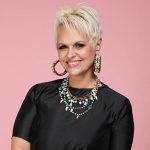 JB Owen is a fearless female leader and a believer in the power of empowerment. JB’s true focus is on helping others, which is why she started Ignite Publishing, the leader in empowerment publishing, in 2018. She is a world-class speaker, 17-time bestselling author, and powerful business owner who is committed to raising the vibration of the planet and igniting a billion lives through Ignite. She is motivated by the opportunity to assist individuals in breaking through their limiting beliefs to experience their own ‘ignite moment’ which changes their perspective and positively alters the course of their life.
JB Owen is a fearless female leader and a believer in the power of empowerment. JB’s true focus is on helping others, which is why she started Ignite Publishing, the leader in empowerment publishing, in 2018. She is a world-class speaker, 17-time bestselling author, and powerful business owner who is committed to raising the vibration of the planet and igniting a billion lives through Ignite. She is motivated by the opportunity to assist individuals in breaking through their limiting beliefs to experience their own ‘ignite moment’ which changes their perspective and positively alters the course of their life.
She has published over 700 authors, turning them into international best-sellers in over 13 countries, with Ignite Publishing’s books reaching #1 in 197 categories. Her gift is to Ignite people to share their story and build their brand. She also owns Ignite Moments Media, JBO Global, and Lotus Liners. She combines purpose, passion, and possibilities in everything she does. Exemplifying a new paradigm of what’s possible, JB motivates and inspires her clients to impact others and IGNITE humanity.

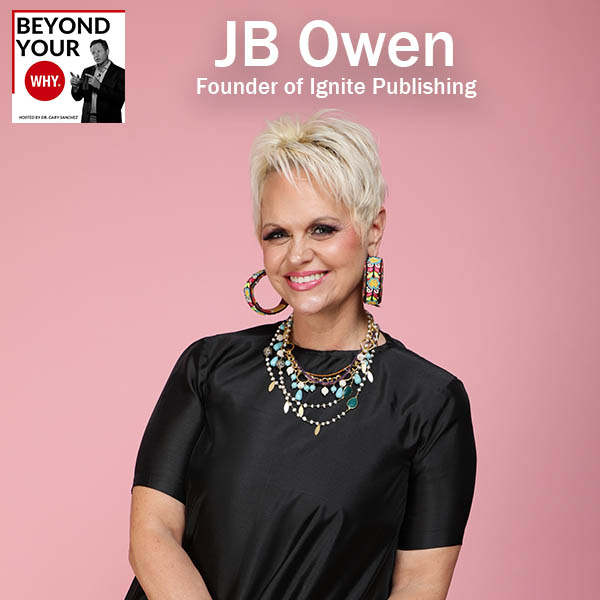
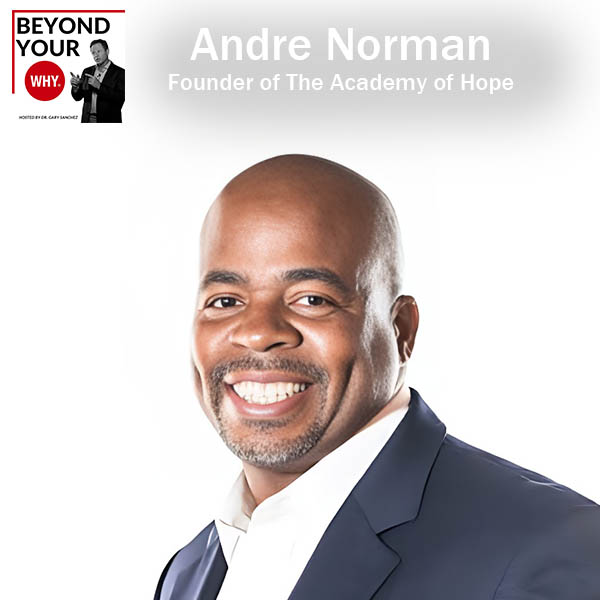

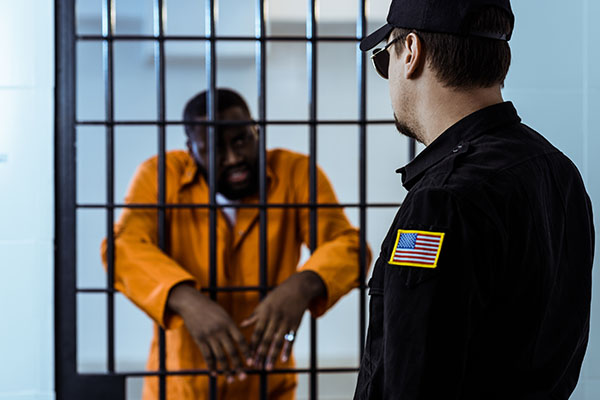



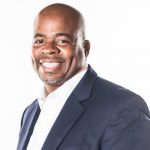 Andre Norman is the #1 prison success story in the world. Growing up in Boston, Andre struggled with poverty and illiteracy. After quitting on his dream of being a trumpet player, he turned to the streets. Eventually finding himself before a judge where he was sentenced to over 100 years in prison.
Andre Norman is the #1 prison success story in the world. Growing up in Boston, Andre struggled with poverty and illiteracy. After quitting on his dream of being a trumpet player, he turned to the streets. Eventually finding himself before a judge where he was sentenced to over 100 years in prison.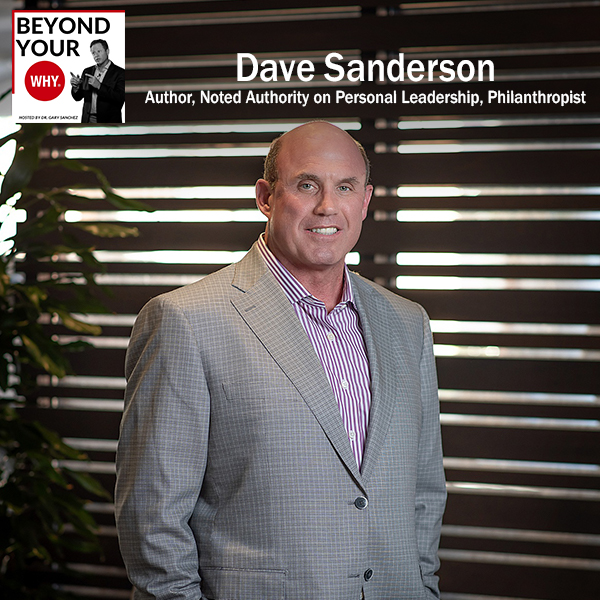
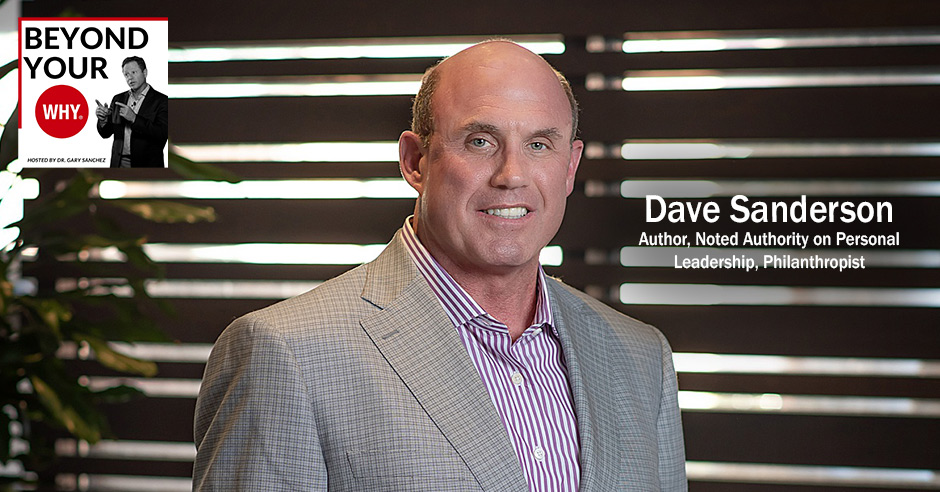

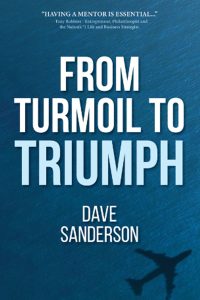

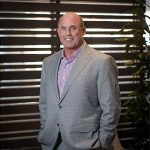 Dave Sanderson is an Inspirational TEDx Speaker, survivor, author, philanthropist, and nationally sought-out leadership speaker.
Dave Sanderson is an Inspirational TEDx Speaker, survivor, author, philanthropist, and nationally sought-out leadership speaker.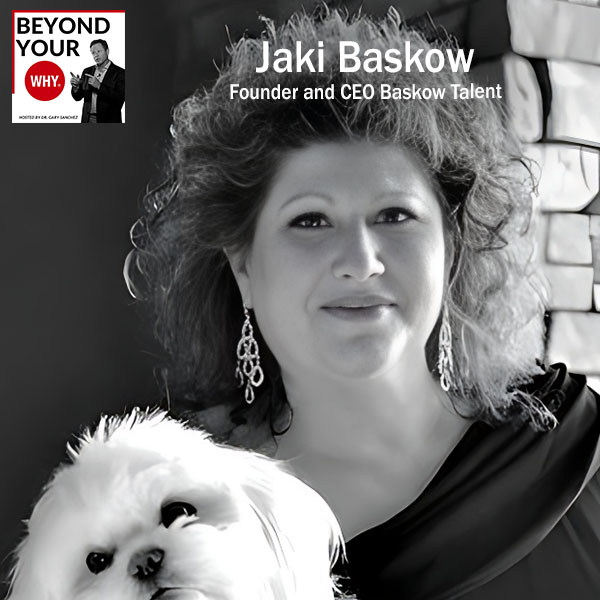
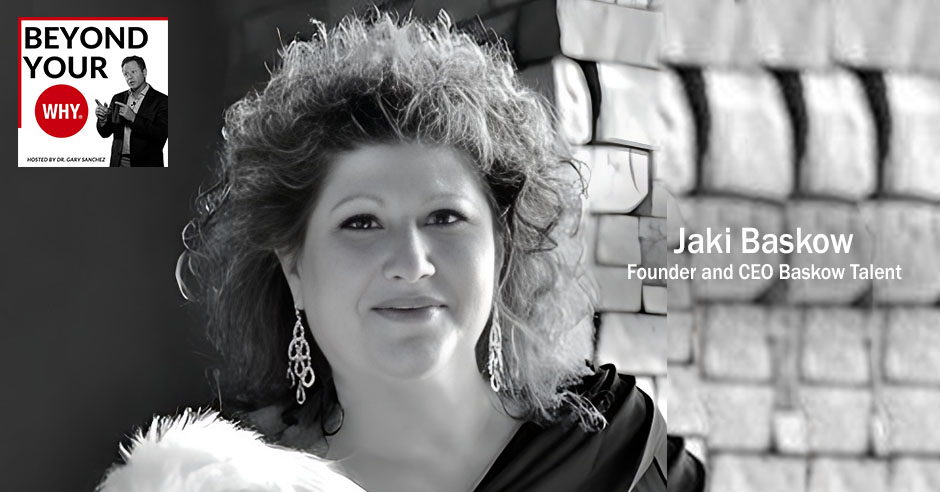




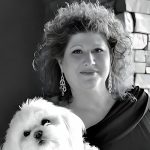
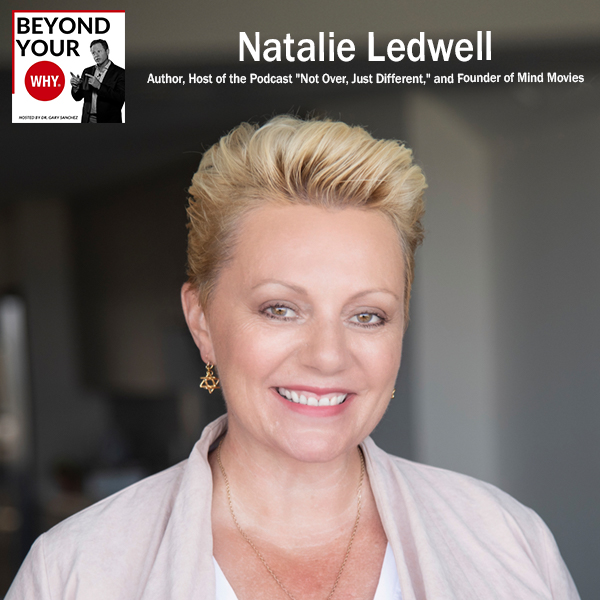
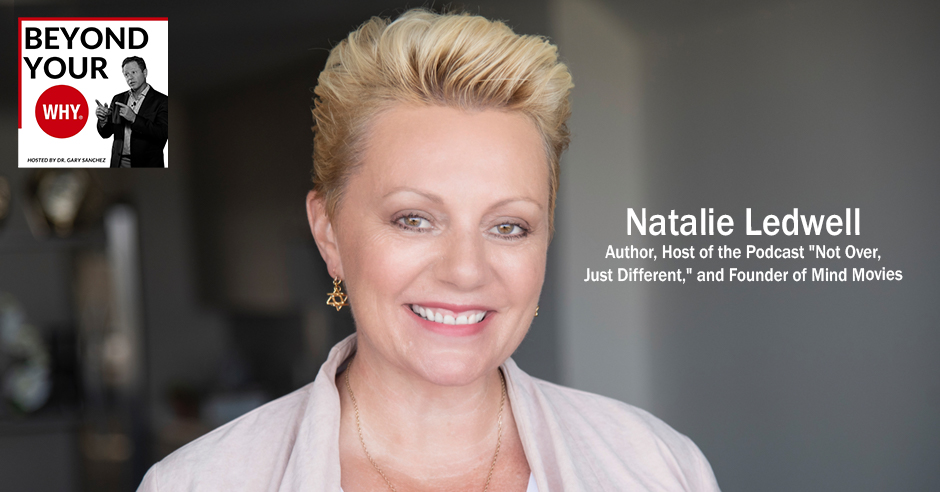



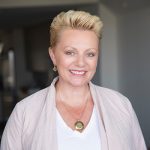 Dame Natalie Ledwell is a bestselling author, host of the podcast, Not Over, Just Different, co-host of the cable TV show WAKE UP, and founder of Mind Movies, the hugely successful and revolutionary online Personal Development company that has reached over 10 million people worldwide.
Dame Natalie Ledwell is a bestselling author, host of the podcast, Not Over, Just Different, co-host of the cable TV show WAKE UP, and founder of Mind Movies, the hugely successful and revolutionary online Personal Development company that has reached over 10 million people worldwide.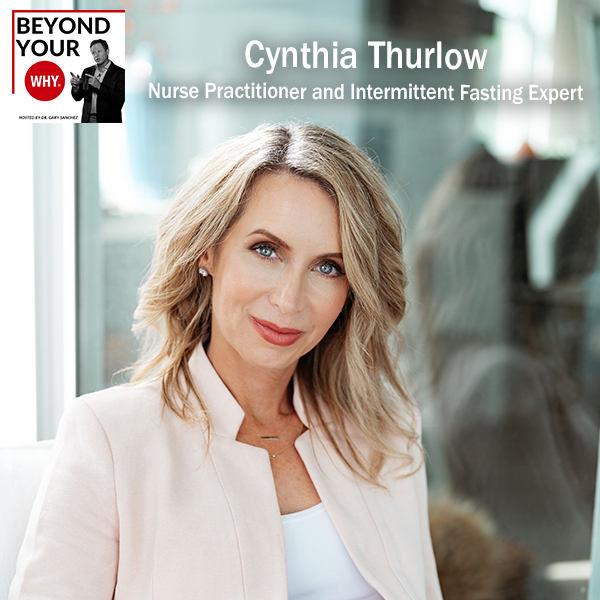
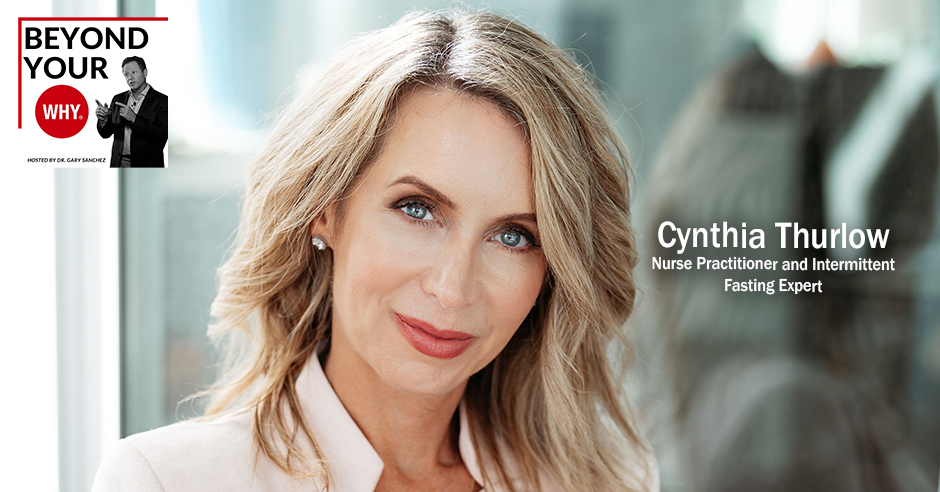

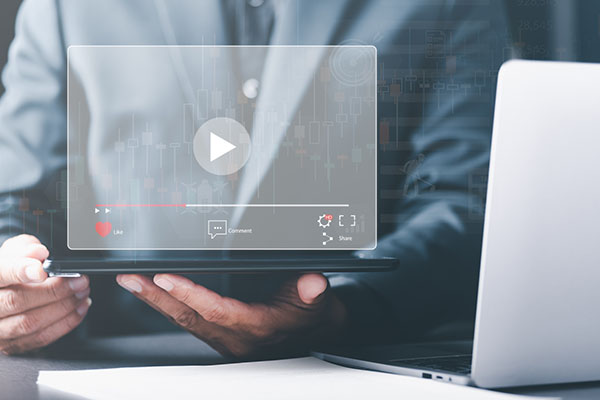

 Cynthia Thurlow is a nurse practitioner, author of the best selling book Intermittent Fasting Transformation, a 2x TEDx speaker, with her second talk having more than 14 million views, and the host of Everyday Wellness podcast, averaging over 150,000 downloads per month.
Cynthia Thurlow is a nurse practitioner, author of the best selling book Intermittent Fasting Transformation, a 2x TEDx speaker, with her second talk having more than 14 million views, and the host of Everyday Wellness podcast, averaging over 150,000 downloads per month.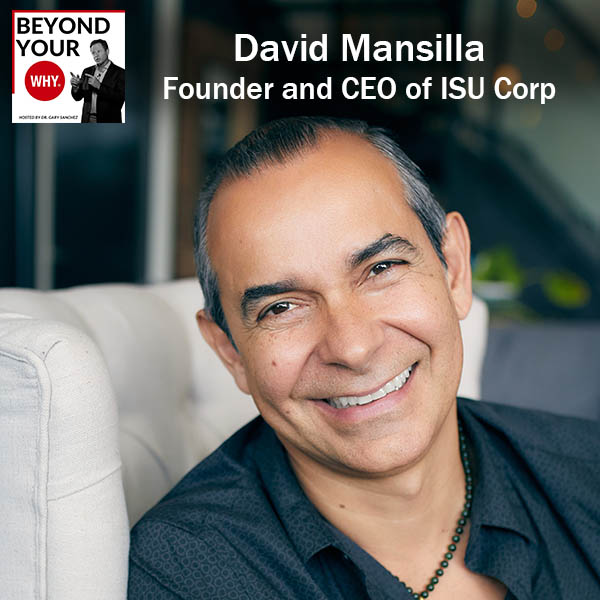
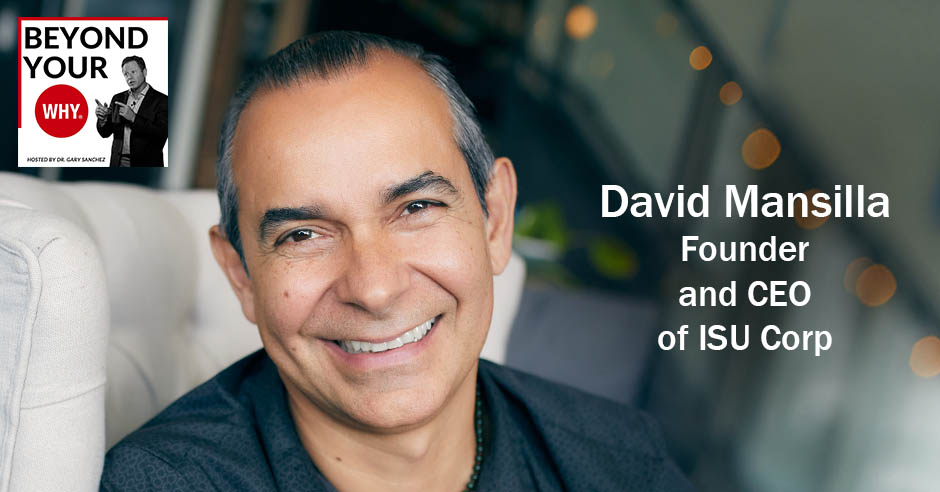

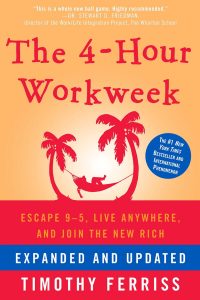


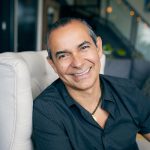 David is the founder and CEO of multiple businesses. Most prominent among them is his longest-running company, ISU Corp. ISU is a custom software solutions company with clients ranging from start-ups to multi-million-dollar conglomerates like General Electric and Heinz. Located in Canada’s Silicon Valley, ISU Corp increases entrepreneurs’ net profits with exceptional custom software solutions.
David is the founder and CEO of multiple businesses. Most prominent among them is his longest-running company, ISU Corp. ISU is a custom software solutions company with clients ranging from start-ups to multi-million-dollar conglomerates like General Electric and Heinz. Located in Canada’s Silicon Valley, ISU Corp increases entrepreneurs’ net profits with exceptional custom software solutions.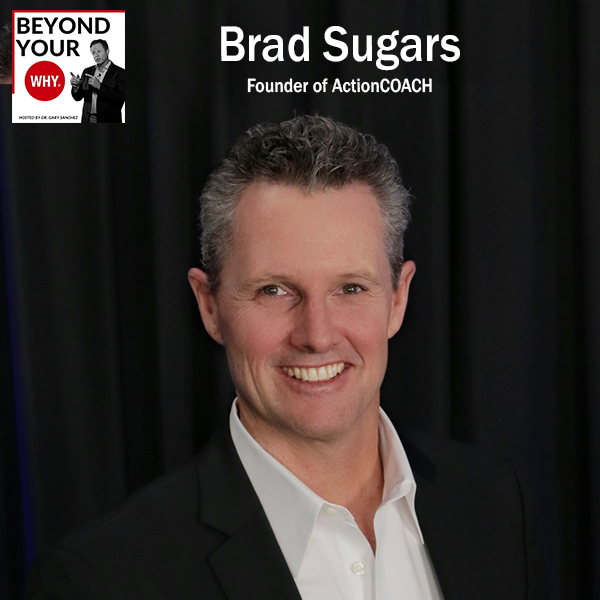
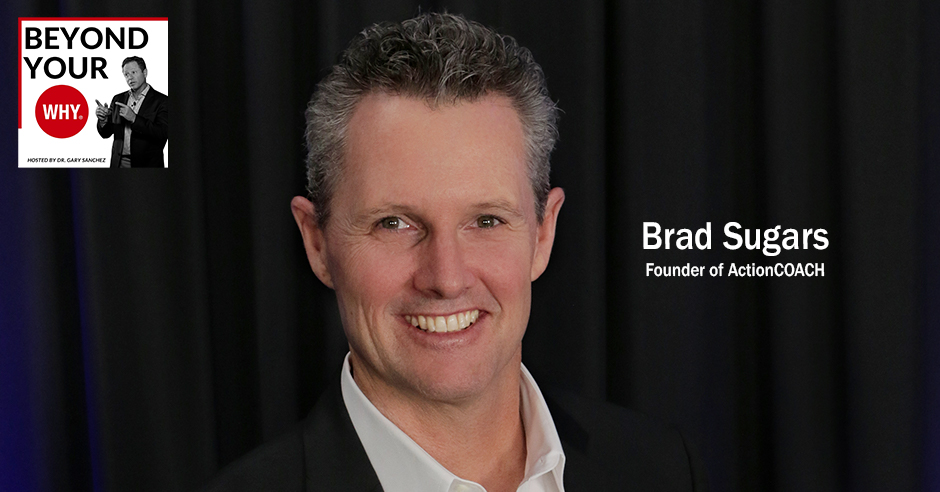
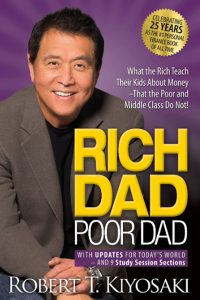


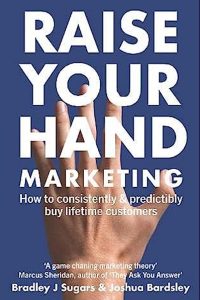
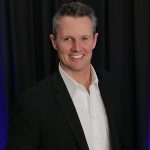
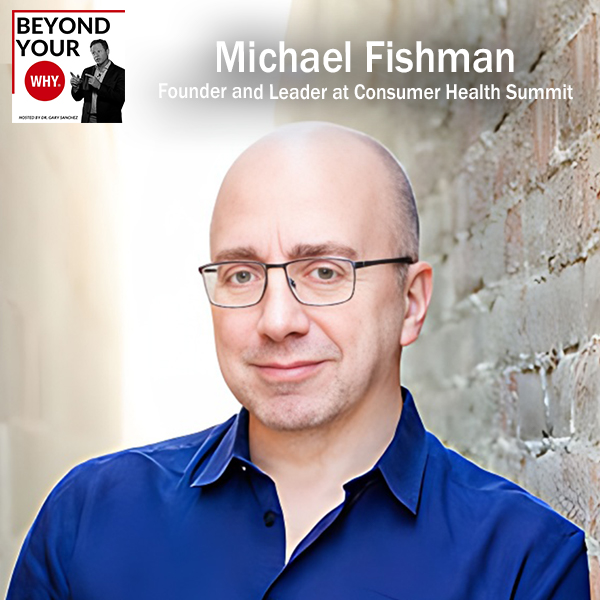
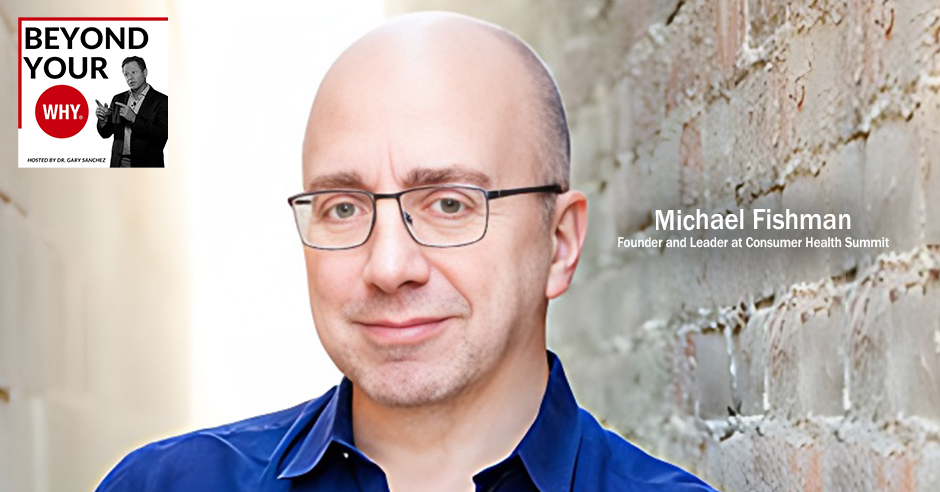


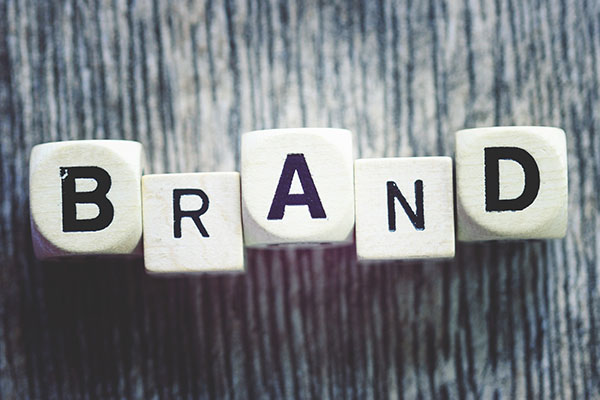
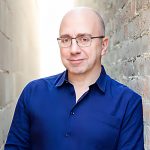 Growth advisor to founders
Growth advisor to founders